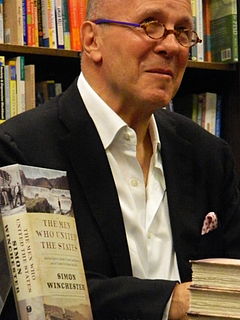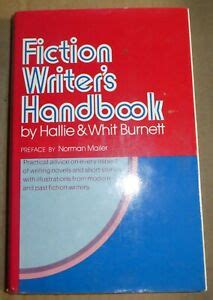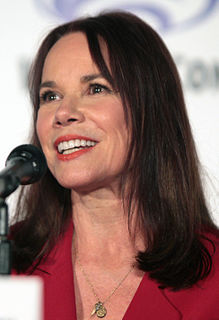A Quote by James F. Cooper
On the human imagination events produce the effects of time.
Quote Topics
Related Quotes
The difficulty in judging what type of behavior works well arises not only because a given course of action does not always produce the outcomes. Similar outcomes can occur for reasons other than the person's actions, which further complicates inferential judgment. Effects that arise independently of one's actions distort the influence of similar effects produced by the actions, but only on some occasions. Given a strong cognitive set to perceive regularities, even chance joint occurrences of events can be easily misjudged as genuine relationships of low contingent probability
Yet magic is no more than the art of employing consciously invisible means to produce visible effects. Will, love and imagination are magic powers that everyone possesses; and whoever knows how to develop them to their fullest extent is a magician. Magic has but one dogma, namely, that the seen is the measure of the unseen.




































